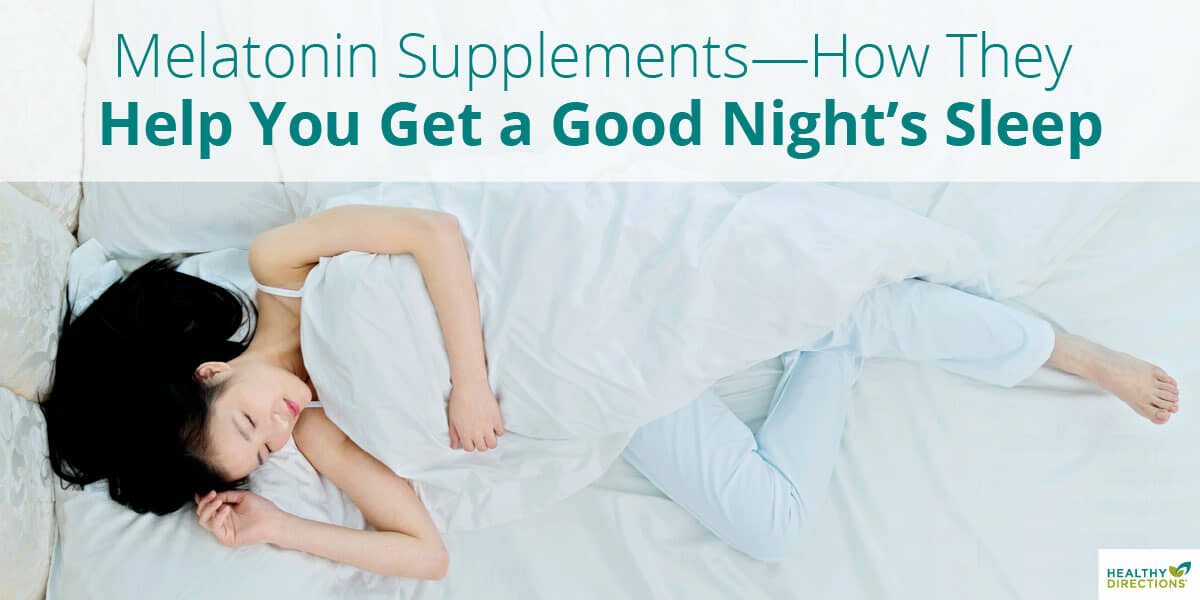
Imagine getting deep, restorative sleep every night…and waking up feeling energized and ready to go. Unfortunately, for millions of Americans, this is more of a pipe dream than reality.
According to the National Sleep Foundation’s 2014 Sleep Health Index™, which tracks Americans’ sleep behaviors and trends, it’s estimated that 35 percent of Americans have “poor” or “only fair” sleep quality and 20 percent do not wake up feeling refreshed. This is despite the fact that survey responders reported sleeping an average of 7 hours and 36 minutes a night.
It seems America is experiencing an epidemic of poor sleep, and this has serious consequences for our society. In addition to the obvious problems of fatigue and mental grogginess that come with sleep deprivation, a chronic lack of sleep has been linked to a host of health issues, including cardiovascular disease, diabetes, impaired memory, immune and metabolic disturbances, weight gain, diminished sex drive, anxiety, depression and more.
One of the best ways to avoid the poor sleep epidemic and help steer clear of these health risks is to improve your sleep efficiency. And the hormone melatonin holds the secret for getting this done.
Let me explain…
Sleep Efficiency is a Clear Measure of Good Sleep
When it comes to truly rejuvenating sleep, it’s not only a matter of the number of hours you get, but also the quality of sleep you get in those hours. An accurate measure of this is “sleep efficiency,” or the amount of time you actually sleep while in bed.
You have good sleep efficiency when you can fall asleep quickly and stay in a deep, restorative sleep throughout the night. Unfortunately, many people seem to spend as much time awake in their beds as they do asleep. The night is filled with tossing and turning…adjusting pillows and sheets…staring at the clock…following racing thoughts…anything and everything but satisfying sleep.
Although a number of lifestyle factors can contribute to poor sleep efficiency, including other health concerns, certain prescription medicines, and chronic or acute stress, a major cause is depleted melatonin levels.
Your Body’s Master Sleep Hormone
Melatonin is your body’s master sleep hormone and it’s released from the pineal gland deep within your brain. Your pineal gland actively produces melatonin during dark, nighttime hours and suppresses production during light, daytime hours.
In young healthy people, normal daytime blood levels of melatonin are around 10 pg/mL, and rise 15-fold to about 150 pg/mL at night. This nocturnal flood of melatonin into your system signals your body and brain that it’s time to wind down. In response, your body becomes drowsy and falls asleep. Then sustained levels of melatonin throughout the night help ensure you get a deep, restful sleep. When melatonin levels taper off toward daylight, it signals your body to wake up.
Natural Melatonin Production Decreases Drastically with Age
When you are young, your pineal gland produces plenty of melatonin, but over time, the gland becomes increasingly calcified, which drastically decreases production of this hormone.
In fact, studies indicate that around age 50, people produce 50% less melatonin than they did in their peak production ages of 8-10. And by age 70, melatonin production has dropped by a staggering 75%!
This helps explain why so many people in their mid-fifties and beyond struggle to get a good night’s rest. Often, they have enough melatonin in their bloodstream to get to sleep, but their pineal gland can only increase melatonin levels to about 30 or 40 pg/mL during the night—a far cry from the 150 pg/mL of their youth.
Restore Your Melatonin Levels for Healthy Sleep
Fortunately, you can restore your body’s master sleep hormone levels by taking proper doses of supplemental melatonin every evening before bedtime. And, contrary to what most melatonin supplement manufacturers will tell you, the proper dose if FAR LESS than the 10 mg, 5 mg, 3 mg or even 1 mg pills you’ll find on many store shelves.
The science-based truth is that you only need 1 mg of melatonin, taken in a divided dose. Specifically, a 0.3 mg dose at bedtime will help you fall asleep quickly and a second, middle-of-the-night dose of 0.6 mg will help you stay asleep.
A breakthrough in capsule technology, which creates a capsule within a capsule, has made this divided dosing possible. The outer capsule has a fast-dissolving shell that releases 0.3 mg of liquid melatonin to help you fall asleep easily and stay asleep for about 4 hours. Then the inner capsule releases 0.6 mg of melatonin in slow-dissolving microbeads to help keep you in a sound sleep for the rest of the night.
Stick with the Lowest Fully Effective Dose
In this day and age, it seems we’ve come to believe that “more is always better.” But, with melatonin, that simply isn’t the case.
Steer clear of supplements that deliver 3-times, 5-times, even 10-times more melatonin than you need. Although melatonin is extremely safe and non-addictive, these high doses can actually desensitize your brain’s melatonin receptors and end up making you less responsive or even non-responsive to supplemental melatonin over time! In other words, unnecessarily high doses of melatonin can actually compound your sleep problems rather than solve them.
Your goal for supplementing with melatonin should be to restore your levels to the healthy levels of your youth. And the 1 mg divided dose that I recommend does exactly that.


